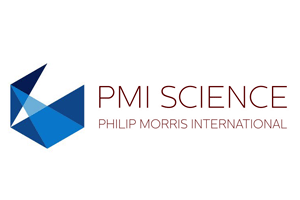Schlesinger Law Firm has filed a motion for preliminary injunction asking a U.S. federal court in Florida to ban the sale of Juul electronic cigarettes across the United States. The firm says it wants halt “an epidemic of youth nicotine addiction that has surged due to the skyrocketing growth of Juul.”
Juul and other e-cigarette makers have not applied for or received FDA premarket authorization to sell their electronic nicotine devices, as required under the Tobacco Control Act.
“Under the law, companies must have regulatory permission before they can sell new tobacco products in the public space,” said Scott P. Schlesinger, an attorney at Schlesinger Law Offices in Fort Lauderdale.
“In 2017, the FDA granted makers of e-cigarettes a five-year extension to file for approval. Since then, sales of the product have exploded and created an epidemic.”
A federal judge in Maryland recently ordered the FDA to shorten that time “but that relief is insufficient to end the dramatic increase of nicotine addiction among youth,” says Schlesinger.
Citing independent research, the FDA says that 3.62 million middle and high school students used e-cigarettes in 2018. E-cigarette use jumped 78 percent among high school students from 2017 to 2018 and 48 percent among middle school students during the same time period.
“The motion to enjoin Juul from selling its products seeks only to treat the company as it should have been all along,” said Jonathan R. Gdanski, an attorney at Schlesinger. “You don’t get to sell a tobacco product, take over the marketplace and then ask for permission for that product after it is engrained in society.”
The FDA says that five brands, including Juul, control 97 percent of the U.S. market for e-cigarettes. Juul had 72 percent of the market in August, according to Nielsen. The company has forecast $3.4 billion in revenue this year, triple that in 2018.
In April, Schlesinger Law Firm filed a class-action lawsuit on behalf of a Sarasota County teenager, age 15, and her parents against Juul Labs and Altria Group, which owns Philip Morris USA, which claims in part that the plaintiff is addicted to the nicotine in Juul e-cigarettes. Altria holds a 35 percent interest in Juul.
The lawsuit, filed in U.S. District Court for the Middle District of Florida, seek damages under the RICO Act and for fraud, product liability and deceptive trade practices. It says that Juul and Altria/Philip Morris are violating federal racketeering laws by intentionally exploiting adolescents while falsely denying they are doing so.
According to Jeffrey Haberman, an attorney at Schlesinger Law Offices, “Juul knew that its e-cigarettes were unsafe for non-smokers and that the product posed a risk of aggravating addiction in those addicted to cigarettes.”










